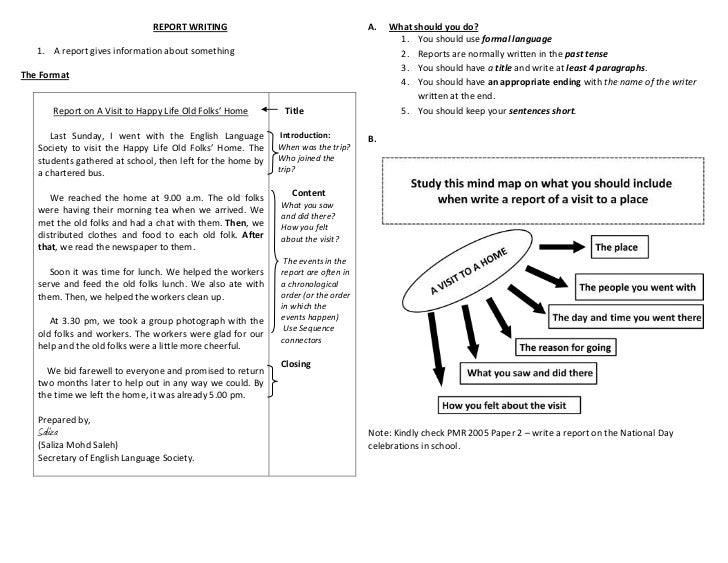How to Write Tibetan Calligraphy: The Alphabet and Beyond.
An abugida of Indic origin used to write the Tibetan language as well as the Dzongkha language, Ladakhi language and sometimes the Balti language. more Show declension of Tibetan script.
Tibetan Unicode Direct Input is designed to type all Tibetan characters and stacks directly. You get a Tibetan character every time you press a key, without having to use the Alt key or remember complex transliteration combinations. The keyboard types in a phonetic style based on the English (QWERTY) layout. This keyboard also features special menus for Tibetan symbols and lets you type Latin.
Learn to write Tibetan well. Tibetan Calligraphy Workshop with Tashi Mannox. Hosted by the Shang Shung Institute of Tibetan Studies in London: From Saturday 09 February 2013 - 10:00 To Sunday 10 February 2013 - 18:00. Suitable for complete beginners in Tibetan writing and also for those with existing skills wishing to polish their technique. During the course, Tashi Mannox will explain the.
Tibetan is the main language of Tibet, and its accompanying regions and among overseas Tibetan communities around the world. Tibetan is spoken by several million people in the Tibetan Autonomous Region (TAR), in the Chinese provinces of Gansu, Qinghai, Sichuan and Yunnan, as well as the neighboring countries Bhutan (around 4,000 speakers), India (over 124,000 speakers), and Nepal (around.
This is a copybook printed in black and white for adults who wish to learn how to write the Tibetan script in the Uchen, Tsuring or Chuyig style. Uchen is a printed script used throughout Tibet. As a handwritten script it is mostly prevalent in Amdo and Kham, the regions in north-eastern and eastern Tibet. Central Tibet (U-Tsang), on the other hand, prefers Ume handwriting styles, which.
This textbook includes twelve multi-media introductory lessons for Tibetan learners. There are sections that explain how to write and read the Tibetan alphabet, how to write and read Tibetan words, and easy colloquial and literary sentences. Each section includes a dialogue that is performed in videos and written down, written explanations of different aspects of the language.
Write to Tibetan Heroes; Write to Tashi Wangchuk; Tashi Wangchuk. Young Tibetan businessman and language rights advocate sentenced to five years in prison for “inciting separatism”. Tashi Wangchuk, is an advocate for greater Tibetan language education in schools in Tibet where mandarin has become the sole language of instruction, has been detained and charged with “inciting separatism.








